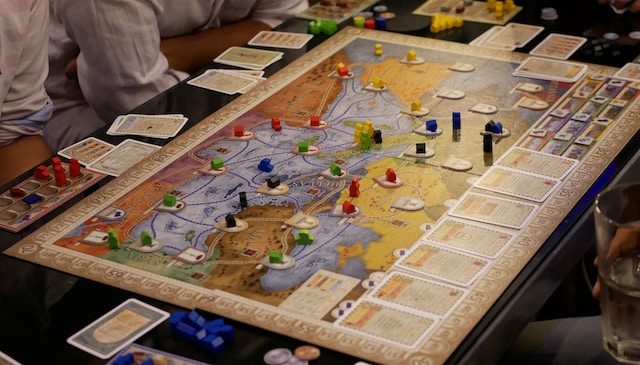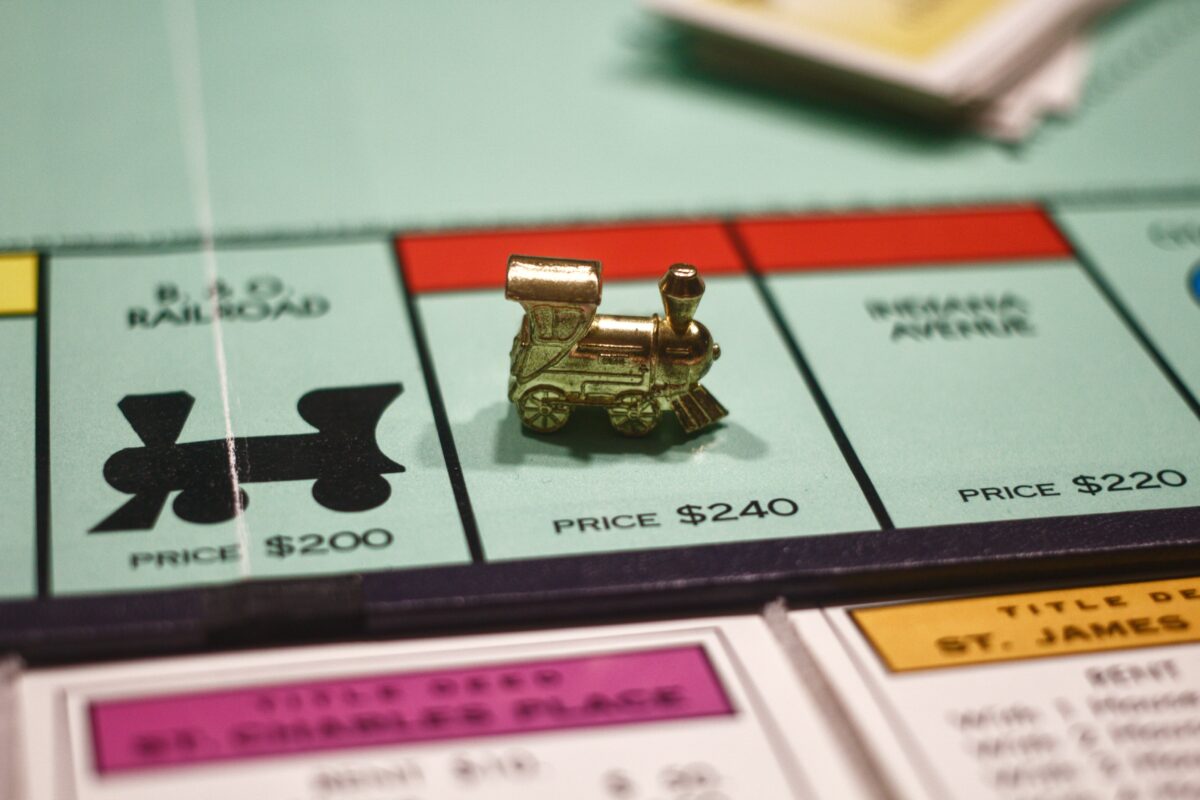
The digital era has transformed the gaming world, reshaping our interactions and views on games. This change has ushered in sophisticated technology, which, coupled with a renewed sense of nostalgia, has revitalized classic games cherished across generations. From pixelated beginnings to sophisticated online platforms, these games have transcended time, adapting to the demands and possibilities of the digital landscape. This article looks at this fascinating journey, focusing on how timeless classics have reinvented themselves in the digital era.
The Digital Revival of Classic Video and Board Games
The journey from physical to digital formats in gaming marked a significant chapter in the game industry’s history. Initially, games were tangible experiences, with board games and early video games offering physical interaction. Over time, technological advancements led to the digitalization of these classics. This transition wasn’t just about changing the medium but about reimagining how these games could be experienced. The shift to digital formats meant games could reach wider audiences, offer more immersive experiences, and evolve with player feedback, all while preserving the core gameplay that made them so popular.
Several classic games have successfully transitioned to the digital world. For example, while the board game Monopoly has gone through many physical iterations, it has also been adapted into various online versions, allowing players worldwide to engage in the property-trading game. Similarly, video games like “Pac-Man” and “Tetris” have seen digital revivals with updated graphics and online play modes. These digital versions maintain the core of the original games while introducing new features like global leaderboards and multiplayer options, demonstrating how classic games can thrive in a modern setting.
Digital platforms have increased the accessibility and engagement in classic games. Online versions are often more accessible, removing the need for physical components or dedicated gaming consoles. They also offer a more personalized experience, with adjustable difficulty levels and customizable game settings. Additionally, online communities and multiplayer features add a social dimension, allowing players to connect and compete with others globally. This increased accessibility and enhanced user experience have attracted new players and re-engaged those who grew up with these classics.
The Blackjack Story
Blackjack, a classic card game combining skill and strategy has successfully transitioned into the digital era. Historically a casino staple, its straightforward yet engaging gameplay has appealed to a wide range of players.
The rise of digital platforms has revolutionized blackjack. Online tutorials, like those on PokerStars Casino, offer an accessible way for beginners to learn the game, free from the pressures of a physical casino. The option of choosing among different variants of blackjack and various types of games suitable for everyone, from first-time players to high rollers, allows players to refine their skills at their own pace, a luxury not usually found in traditional casinos.
Digitalization has expanded blackjack’s reach globally, diversifying its player base and adding new cultural layers to the game. This shift has significantly impacted traditional casinos, sparking innovation and the integration of digital experiences. The ease and accessibility of online play have also altered gaming habits, with many players now preferring the convenience of digital platforms.
The digital transformation of blackjack has maintained the game’s fundamental characteristics while broadening its appeal and accessibility, bringing about a new era in the history of this enduring classic.
The Timeless Appeal of Classic Games

The appeal of classic games is deeply rooted in psychological and cultural elements. These games often evoke a sense of comfort and nostalgia, acting as reminders of simpler times. They provide a contrast to the fast-paced and complex nature of many modern games, offering a more relaxed and familiar gaming experience. Culturally, classic games have a timeless quality, enduring through changing trends and technological advancements, which helps them maintain a special place in the hearts of players across generations.
Nostalgia plays a significant role in the enduring popularity of classic games. For many, these games bring back memories of childhood or other important moments in their lives. The digital revival of these games allows players to revisit and share these cherished memories with a new generation. This sense of nostalgia is not just about looking back; it’s about re-experiencing the joy and excitement of the past, now enhanced by the convenience and features of modern technology.
Classic games also have a unique ability to connect people of different ages. They provide a common ground for shared experiences across generations. This intergenerational appeal is even stronger with their move to digital formats, allowing older generations to introduce these games to new players in a more familiar setting. These games’ simplicity and broad appeal make them accessible and enjoyable for a wide range of players, fostering connections that bridge age gaps.
Challenges and Opportunities
Digitizing classic games presents both challenges and opportunities. A key challenge lies in preserving the essence of the original while adapting to new technologies. This often involves overcoming technical limitations to recreate the game’s feel in a digital format. On the other hand, digitization offers significant opportunities, such as reaching broader and more diverse audiences.
It also opens the door to innovative gameplay enhancements that can rejuvenate these classics for the modern era. Striking a balance between modernization and maintaining the original game’s spirit is crucial. This balance ensures that the heart of the game remains intact while embracing the possibilities offered by digital platforms.









